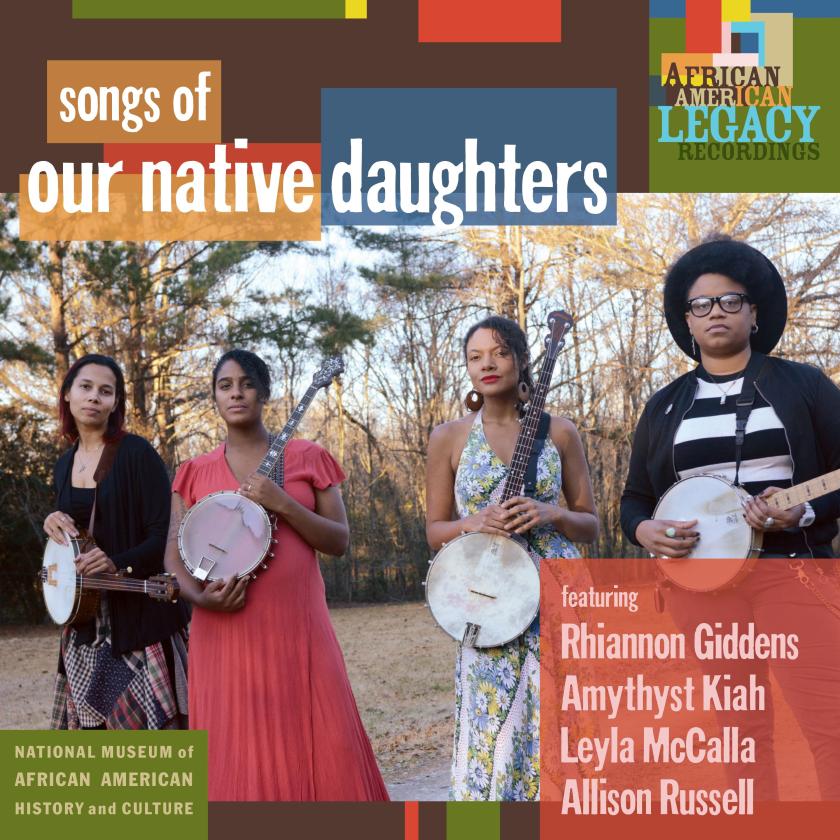Although this is a review of an album and not a single song, Rhiannon Giddens’s extraordinary “Mama’s Cryin’ Long” is the hub (or perhaps emotional black hole might be a more apt description) around which the rest of this collection of new material inspired by historical accounts of slavery revolves. Nothing is more heartbreaking and chilling than a song brimming with pain that’s been designed to uplift. And of course slavery itself produced many such songs. But after just one listen to this extraordinary piece of call-and-response storytelling – with each of its vivid yet economic lines adding to its cumulative impact – I ended up in tears, needing to pause the album so as to reflect on, and recover from, what I’d just experienced.
So how do you follow that? Or for that matter, build up to that? Well, the rest of the band – Leyla McCalla, Allison Russell and Amythyst Kiah – have just as much of substance to contribute as both musicians and writers. And in fact most of the material here, despite the subject matter, is surprisingly uplifting. Kiah kicks vocal ass on the slow-funk blues opener, “Black Myself”. McCalla brings her own distinctively mellow tone to the country ballad “I Knew I Could Fly” – a contemplative take on how racism and sexism still intersect today. And the stirring theme of finding a little corner of joy in a world of suffering is beautifully evoked in the bitter-sweet banjo-led “Moon Meets the Sun”. Even when things get a little bit “We Are the World” (that’s to say, emotionally and musically clichéd) on the closing number, “You’re Not Alone,” the modest, inventive arrangement and the sincerity of the performances prevents the track from becoming cloying.
What Songs of Our Native Daughters ultimately demonstrates is that protest can come in many forms. Sometimes it only needs to be a timely reminder not to forget. I love this record. I hope it’s the first of many by this formidable band. The first black women supergroup? You bet!














Add comment